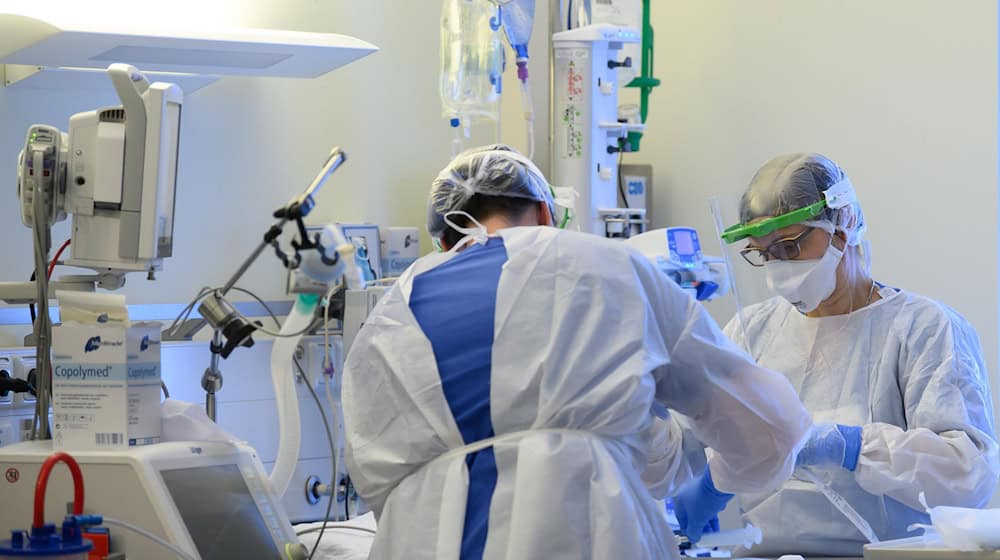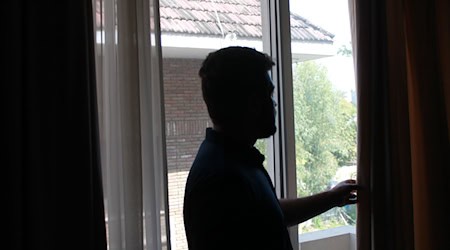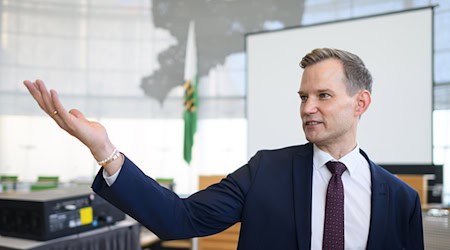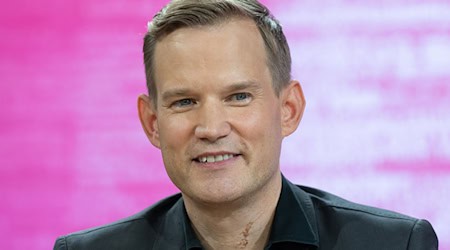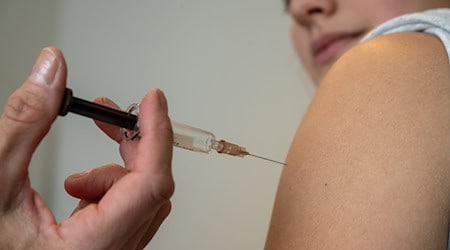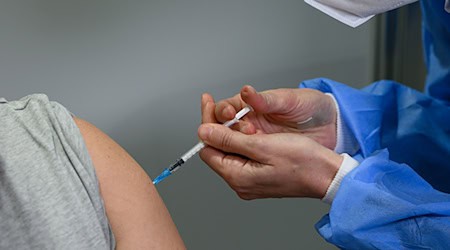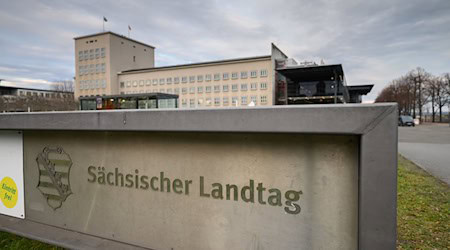Two renowned virologists have accused politicians of failing to act during the coronavirus pandemic. Alexander Kekulè, Director of the Institute of Medical Microbiology at the University of Halle-Wittenberg, did not spare any criticism of his own profession during his questioning in the Corona Investigation Committee of the Saxon State Parliament. He advocated admitting guilt as a first step towards pacification. For many politicians and scientists, however, this seems to be difficult.
Compulsory vaccination a mistake and communication inadequate
Kekulé criticized compulsory vaccination and communication in particular. In a crisis, it is essential to have a culture in which all decisions are justified. The population must understand what is at stake - citizens are smart enough to understand why which measures are being taken.
However, many orders were contradictory. As a result, basic trust has been lost in some cases. "We have to rebuild that before the next crisis." That is a long road. "It's best to start now."
Communication played into the hands of vaccination opponents
According to Kekulé, there was no longer an argument for compulsory vaccination when the delta variant of the virus emerged. The promise of herd immunity through vaccination was unrealistic and the German government's vaccination strategy had not worked.
Vaccinated people had also contributed significantly to the incidence of infection. The population had the feeling that moderation had been lost. The Federal Ministry of Health's communication had played into the hands of vaccination opponents.
Federal government only relied on a few advisors
According to Kekulé, it was a mistake that the federal government only relied on a few advisors. There had been "unjustifiable misjudgements" from the scientific community. The point was not to make accusations, but to improve the scientific process with a view to a future pandemic.
Technical expertise subordinated to political will
Virologist Detlev Krüger called for greater independence of the Robert Koch Institute (RKI). Professional expertise had been subordinated to the political will of the Federal Ministry of Health. Politicians should always be informed about a broad spectrum of opinions and be advised by sensibly composed committees, but not one-sidedly. At the time, he had also noticed a one-sidedness in the information policy. It was wrong to portray unvaccinated people as "bad people": "You can't treat each other like that in a democratic society."
Sense of some protective measures questionable
Like Kekulé, Krüger also questioned the sense of some protective measures. He said that we already knew in 2020 that children were not a risk group. Even when the virus had already taken on a life of its own, the health authorities had been chasing after the virus "senselessly" in contact tracing and had thus wasted capacity on other things. Such a measure only makes sense in the initial phase.
Krüger, who had headed the Institute of Virology at Berlin's Charité hospital for more than 20 years, was already retired at the time of the coronavirus pandemic.
According to Krüger, it was wrong to describe unvaccinated people as drivers of the pandemic. "An epidemic can only be contained if the majority of the population becomes immune." The quickly provided vaccination was a great thing, but it should not have been presented as a panacea without side effects. This had brought it into disrepute with a section of the population.
The committee of inquiry was set up at the instigation of the AfD parliamentary group. It is to critically examine the work of the Saxon government in connection with the coronavirus in the period from 2019 to 2024. AfD parliamentary group leader Jörg Urban had already accused the government of "serious violations of fundamental rights" in advance. Around 17,750 people have died from Covid-19 in Saxony since the start of the pandemic.
Copyright 2025, dpa (www.dpa.de). All rights reserved

